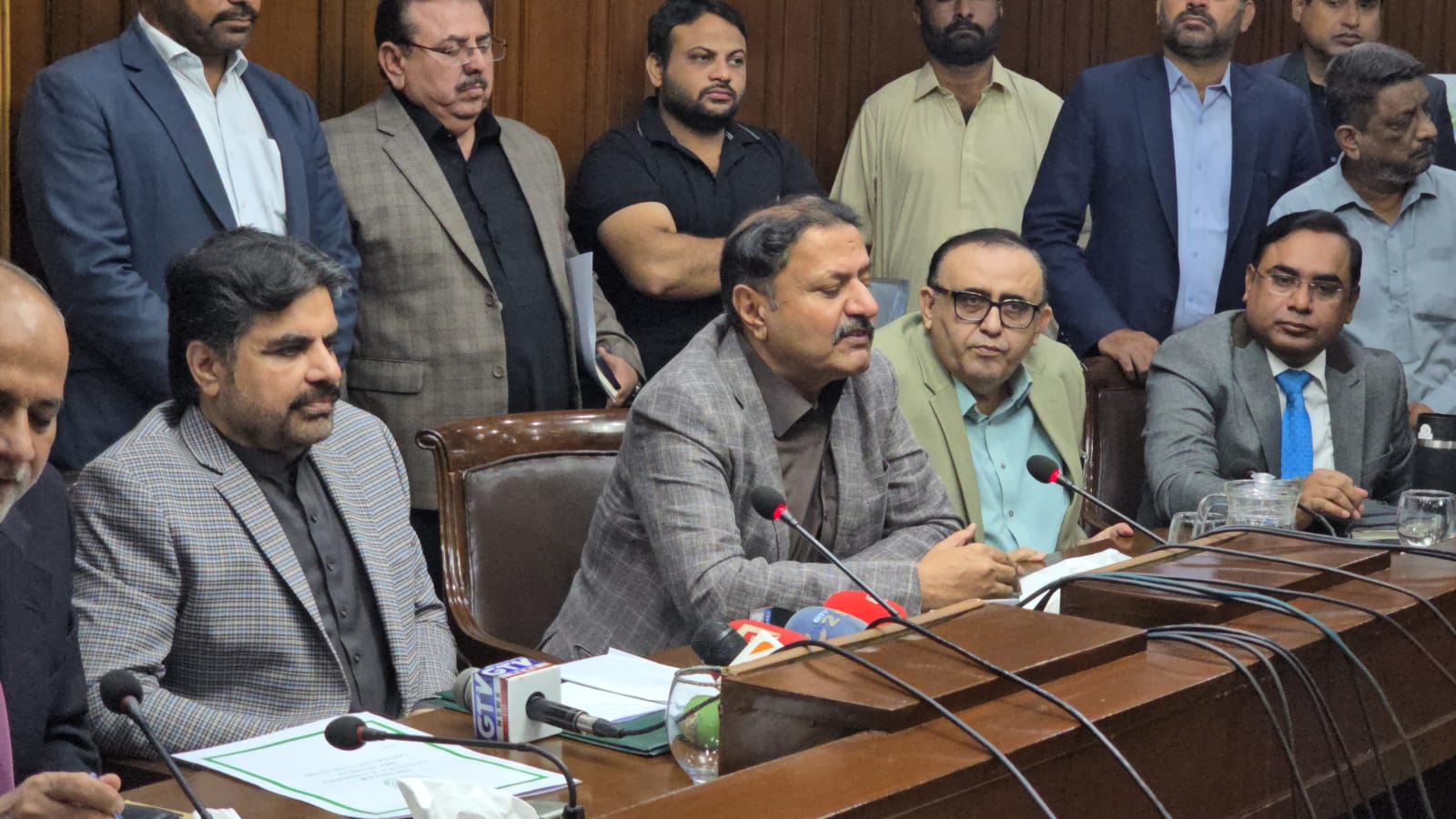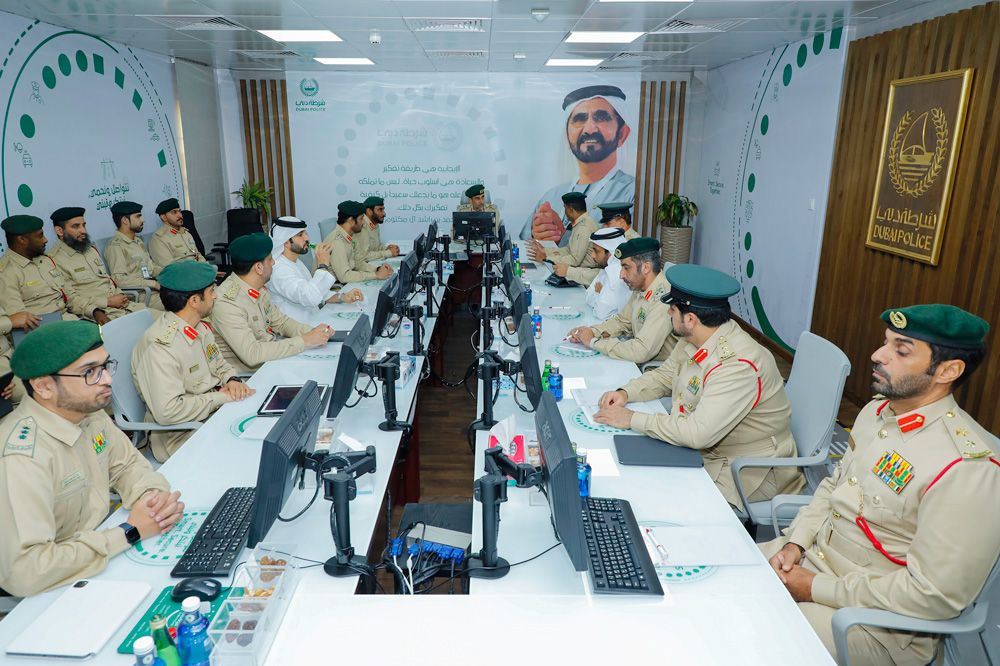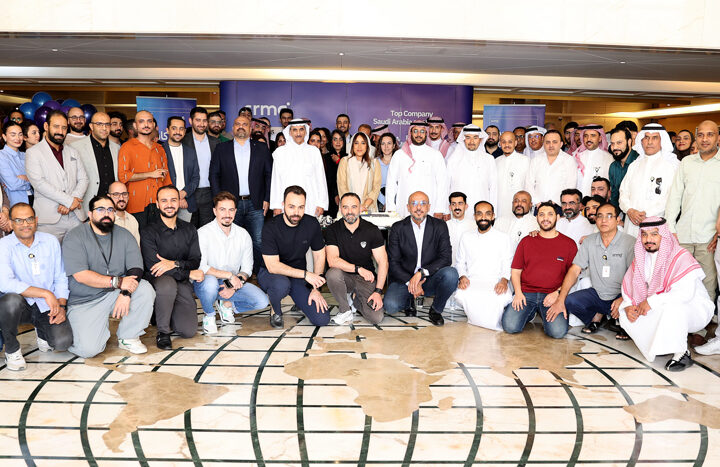Karachi, Sindh – The Pakistan Bureau of Statistics (PBS) officially launched the 7th Agricultural Census 2024 – Integrated Digital Count in Karachi, marking a significant milestone in the country’s agricultural planning. The groundbreaking initiative aims to revolutionize agricultural data collection by integrating modern technology and comprehensive methodologies.
The event was graced by key dignitaries, including Muhammad Ali Malkani, Minister for Livestock and Fisheries, Sindh, Syed Nasir Hussain Shah, Minister for Planning and Development and Energy, Sindh, and Dr. Naeem-uz-Zafar, Chief Statistician, PBS. Senior officials, secretaries, and experts from various provincial departments also attended the launch.
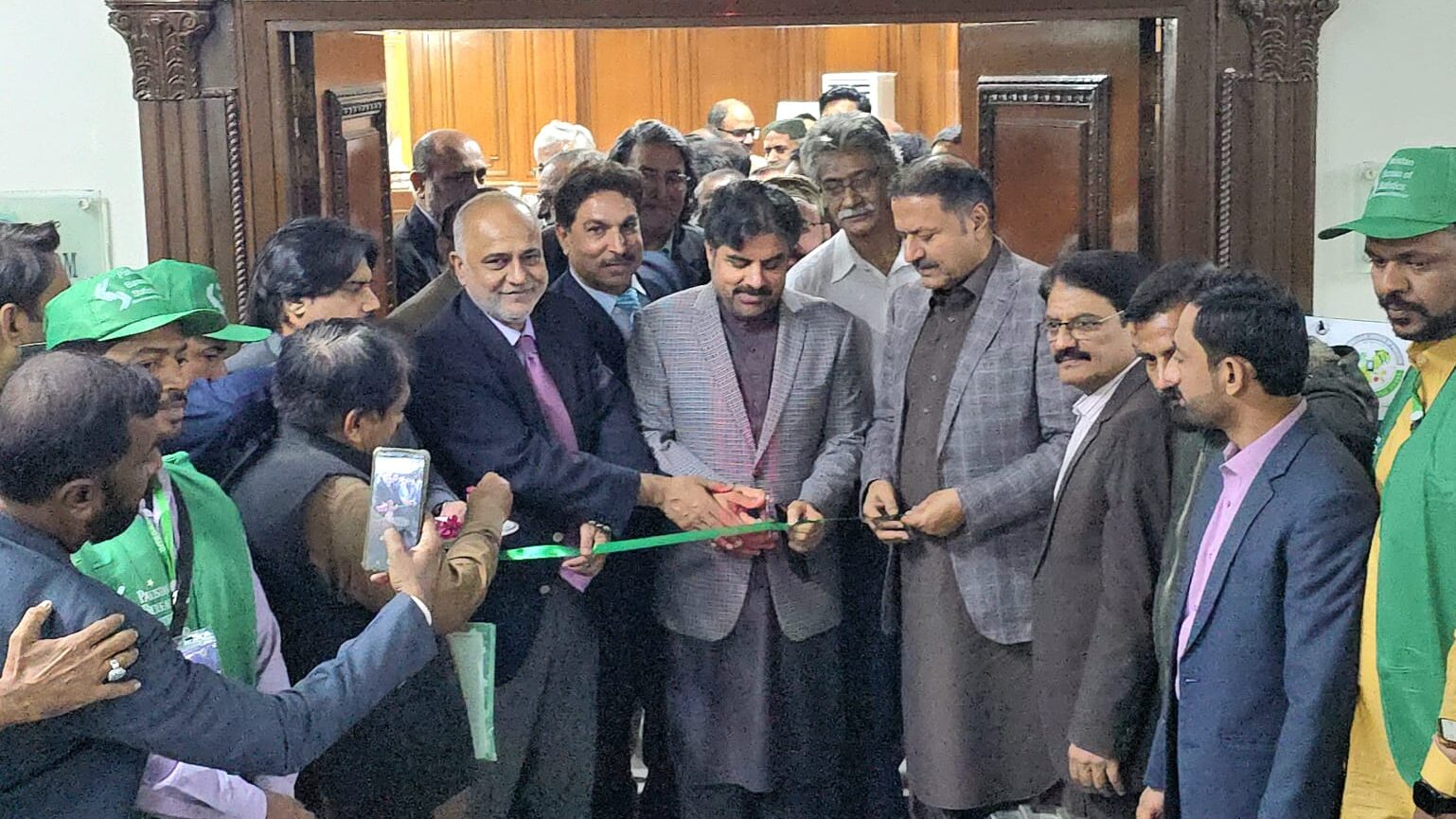
A Transformational Step for Agriculture
Dr. Naeem-uz-Zafar emphasized the transformational nature of this census during his keynote address. “This is not just a data collection exercise; it is a foundation for evidence-based decision-making that will steer our agriculture sector towards sustainable growth,” he stated.
For the first time, Pakistan is integrating agricultural, livestock, and machinery data into a single digital operation. The census will utilize advanced tools such as tablet-based data collection, GIS dashboards, and real-time monitoring to ensure accuracy and timeliness.
The initiative, aligned with Food and Agriculture Organization (FAO) guidelines, is designed to provide critical insights into Pakistan’s agrarian structure, crop patterns, livestock population, and mechanization trends. Extensive training for 1,695 enumerators and supervisors has been conducted to ensure the quality of data collection across Sindh’s 8.2 million acres of cultivated land.
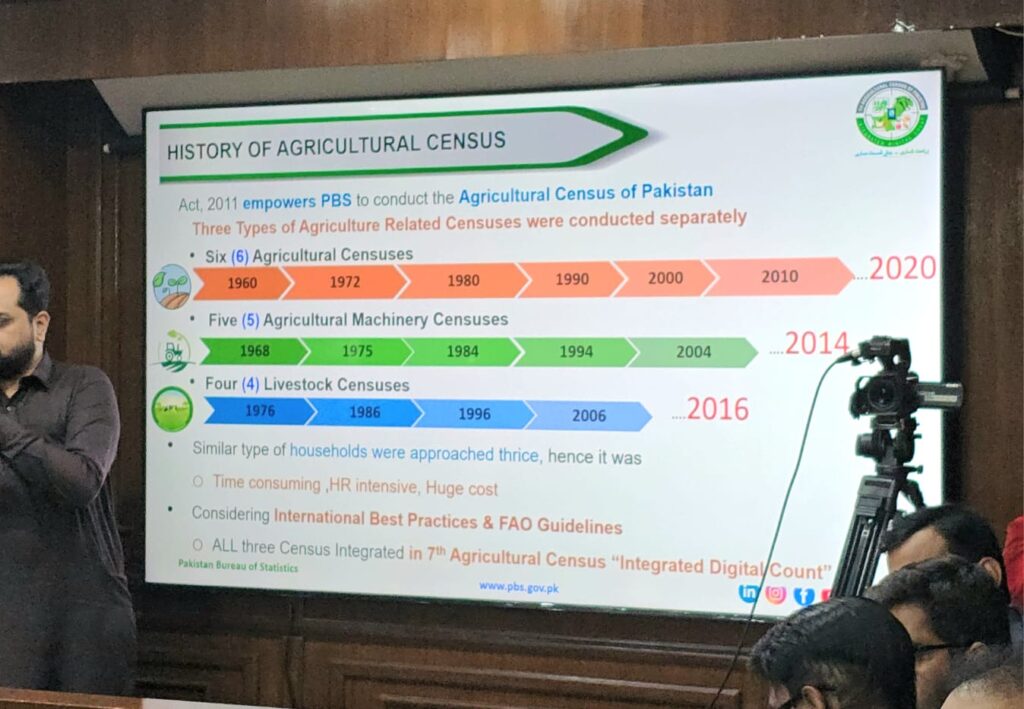
Collaborative Efforts for Sustainable Growth
Sindh’s ministers highlighted the importance of this census for the province’s economy and agricultural development. Muhammad Ali Malkani praised the initiative, calling it a “historic step” towards modernizing agricultural practices and addressing food security challenges. He acknowledged the collaboration between federal and provincial governments, academia, and stakeholders in bringing the project to fruition.
Syed Nasir Hussain Shah reinforced Sindh’s commitment to leveraging technology for agricultural advancement. “This census is a critical step in addressing the challenges of food security and climate resilience,” he remarked.
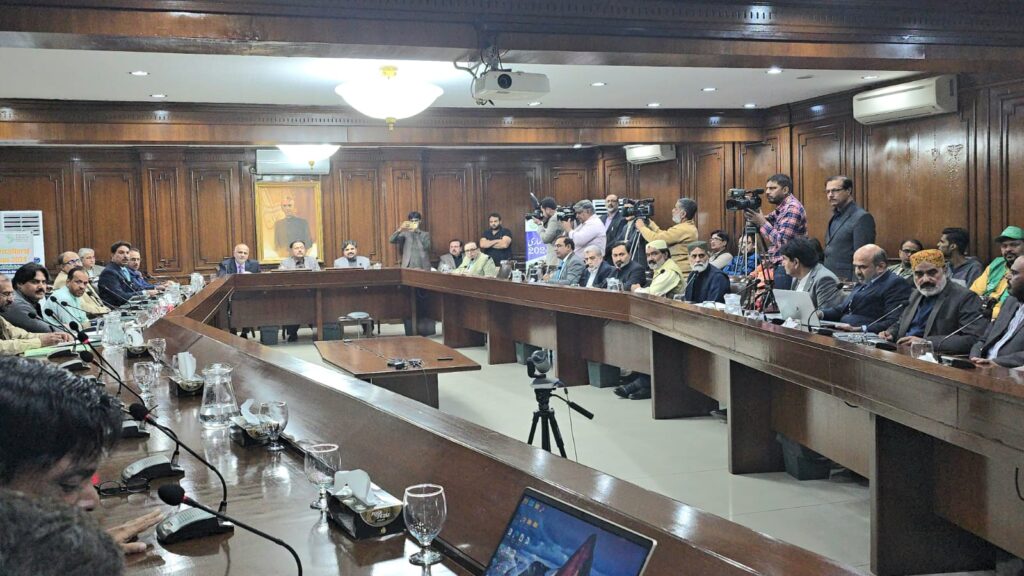
Addressing Challenges and Future Prospects
Journalists raised questions about the 16-year gap since the last agricultural census and the relevance of the new initiative in light of ongoing climate crises. Dr. Naeem-uz-Zafar assured that the integrated digital approach and international alignment would enhance the accuracy and efficacy of the data, making it a vital tool for addressing contemporary challenges.
Field operations for the census will run from January 1 to February 10, 2025, with results expected by August 2025. The initiative reflects a shared commitment by federal and provincial governments to modernize governance and foster sustainable development in agriculture.
The launch of the 7th Agricultural Census represents a pivotal moment for Pakistan, promising to shape future agricultural policies and strengthen food security in the face of evolving challenges.

